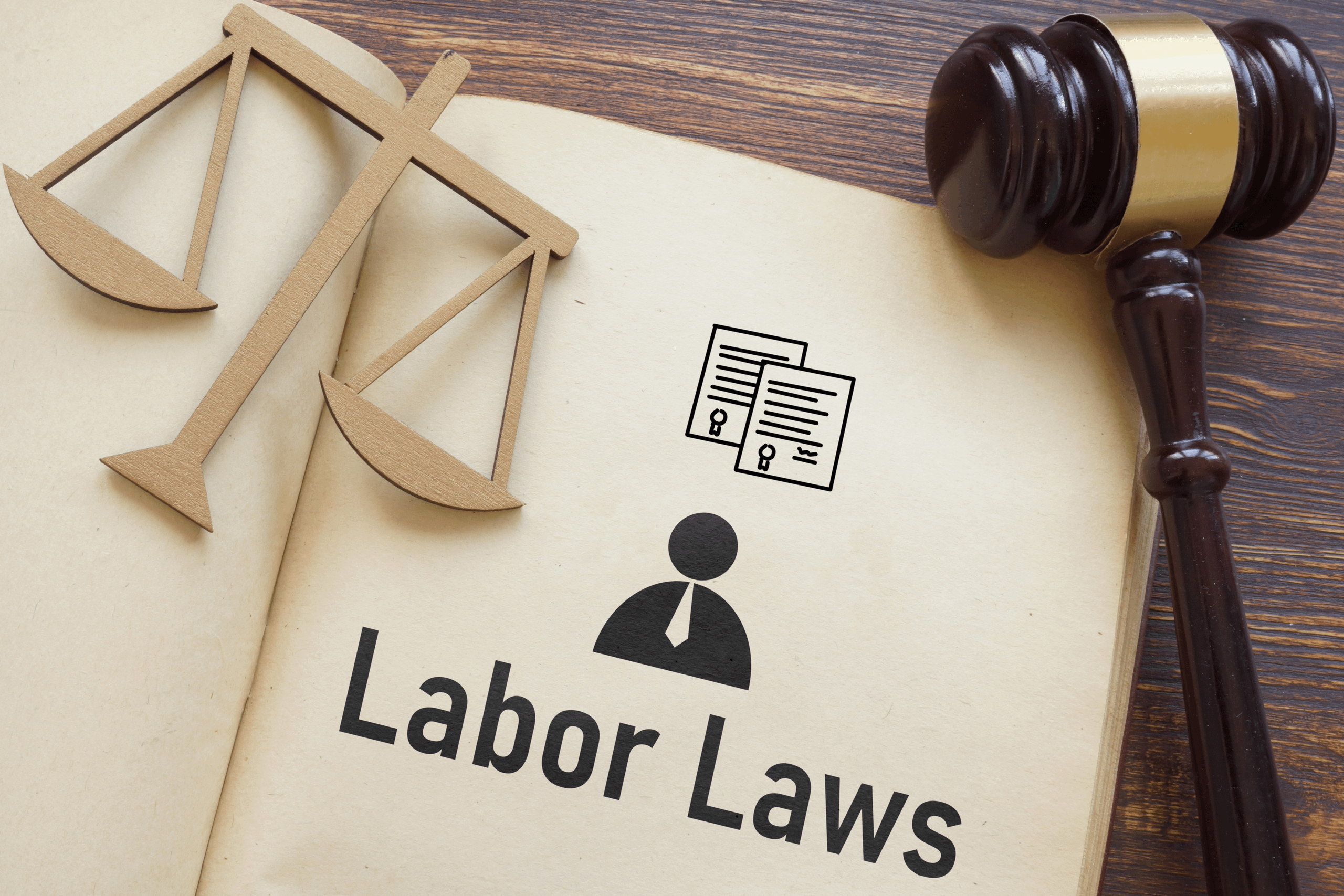A recently decided case, the first to interpret a 1991 provision of the Public Health Law concerning review of professional medical conduct decisions, made some important distinctions between having the initial findings reviewed by an Administrative Review Board established by the provision, or, in cases where the physician chooses to bypass the Administrative Review Board process, by procedures established under the New York Civil Practice Law and Rules. Physicians who have been charged with misconduct should be aware of the implications of this case and carefully consider their options.
In the case, Rudell v. Commissioner of Health, a physician was found guilty of professional misconduct after a hearing by a Committee on Professional Conduct of the State Board for Professional Medical Conduct, a branch of the New York State Department of Health. Under the law, a physician charged with misconduct receives an administrative hearing at which the Office of Professional Medical Conduct (OPMC), the prosecutorial arm of the State Board for Professional Medical Conduct, presents its evidence, including the testimony of its witnesses, subject to confrontation and cross-examination by the physician’s attorney. The physician may also present evidence, including the testimony of his witnesses. The Committee then prepares its report stating its findings of fact, whether the charges should be dismissed or sustained, and the penalty to be imposed or action to be taken for those charges which have been sustained.
Under the 1991 provision of the Public Health Law, either the physician or the Department of Health may seek a review of the Committee’s findings and conclusions before an Administrative Review Board for Professional Medical Conduct. This administrative review is based on written briefs submitted along with a stipulated record of the Committee hearing, but no new evidence or testimony can be presented. The Administrative Review Board reviews the Committee’s decisions, including whether the findings and penalty imposed are consistent with the facts and conclusions of law, and whether the penalty is appropriate and within the scope of permitted penalties.
Physician Seeks Administrative Review
The physician in this case sought review of the Committee determination by the Administrative Review Board, which sustained the Committee’s findings of guilt and adopted the Committee’s recommendation that the physician’s license to practice medicine be revoked.
The physician then commenced an article 78 proceeding to review the determination of the Administrative Review Board. An article 78 proceeding under the New York Civil Practice Law and Rules may be used to review the determination of the Administrative Review. Board or the determination of the Committee where there has been no previous request for administrative review. These proceedings are conducted in court before the Appellate Division of the Third Judicial Department in Albany. The law clearly states that failure to first seek a review by the Administrative Review Board is not grounds for dismissal of an article 78 proceeding, permitting a physician to directly challenge a Committee determination in court and bypass the administrative review process.
Challenges Sufficiency of Evidence
In the article 78 proceeding, the physician challenged the sufficiency of the evidence to support the finding of guilt, requesting that the Appellate Division apply the “substantial evidence test” in its review. This test requires the Court to search the hearing record to determine if there is substantial evidence in the record as a whole to support the determination of guilt.
The Appellate Division first found that the “substantial evidence test” applies to “…a determination as a result of a hearing held, and at which evidence was taken pursuant to direction by Iaw.” The Appellate Division then observed that while the substantial evidence test does apply to the Committee’s determination, it does not apply to the determination of the Administrative Review Board, which conducts no hearing at which evidence is taken. Therefore, the Appellate Division found that judicial review of the Administrative Review Board determination is limited to the narrow issue of whether the Administrative Review Board determination “was made in violation of lawful procedure, was affected by an error of law or was arbitrary and capricious or an abuse of discretion.”
Based on this narrow standard, the Appellate Division refused to review the sufficiency of the evidence used to determine the guilt of the physician and merely concluded that here was no error of law in the Administrative Review Board’s determination to sustain the findings of the Committee. The physician could not challenge in court the sufficiency of the evidence that the Committee relied on to reach a finding of guilt.
Recognize the Tactical Disadvantage
Physicians and their attorneys who are not aware of the decision in Rudell v. Commissioner of Health may blithely seek administrative review of an adverse Committee determination on the theory that they have nothing to lose by this additional layer of review – that if the Administrative Review Board sustains the findings of the Committee, the physician will still get “another bite at the apple” by then pursuing article 78 proceedings.
With the Rudell decision, however, practitioners are now on notice that there is a significant tactical disadvantage in pursuing an administrative review before commencing an article 78 proceeding. A physician who believes that a Committee determination can be challenged because of the insufficiency of the evidence presented at the hearing, will lose the right to raise such an argument in court by first invoking administrative review.
My experience in defending physicians before the State Board for Professional Medical Conduct leads me to believe that virtually every Committee determination is challengeable, at least in part, on the insufficiency of the evidence presented at the hearing. With this recent Appellate Division ruling, there is, in most cases, little benefit – but great danger – in proceeding to an administrative review before commencing an article 78 proceeding. The chances of an Administrative Review Board reversal of an adverse Committee determination, based upon the insufficiency of the evidence at the hearing, might be no better than the chances of reversal on the same grounds in the Appellate Division. Although the Appellate Divisions rarely reverse administrative hearing determinations based upon a lack of substantial evidence in the record as a whole, affording great weight to the findings and determinations at the administrative level, they have, on occasion, demonstrated a willingness to reverse administrative hearing determinations based upon a lack of substantial evidence.
There is also little reason to believe that an Administrative Review Board would be any less strident than the Appellate Division in affording the Committee broad latitude in determining questions of fact. The decision concerning which review option to choose might simply turn on one’s preference for a determination of the substantial evidence issue by an independent court rather than another layer of the same administrative agency.
Still More Unanswered Questions
An additional, and yet unanswered, question arises when the Committee absolves the physician, but OPMC requests administrative review, and the Administrative Review Board reverses and finds the physician guilty. Will the physician, in a subsequent article 78 proceeding, similarly be precluded from raising the substantial evidence issue? It could certainly be argued that the physician, who did not seek administrative review, should not be precluded from court review of the sufficiency of the evidence to support the finding of guilt.
While questions remain, it is clear that a physician who has been found guilty by a Committee on Professional Medical Conduct should carefully consider whether to first seek administrative review or move directly to an article 78 proceeding. Caution is particularly advised if there is a viable basis for challenging the determination based upon a lack of substantial evidence in the record to support the finding of guilt.
Mr. Kelton is a partner in the Manhattan law firm of Abrams, Fensterman, Fensterman, Eisman, Formato, Ferrara & Einiger, LLP. A substantial portion of his practice involves the defense of physicians in misconduct proceedings before the New York State Department of Health.





